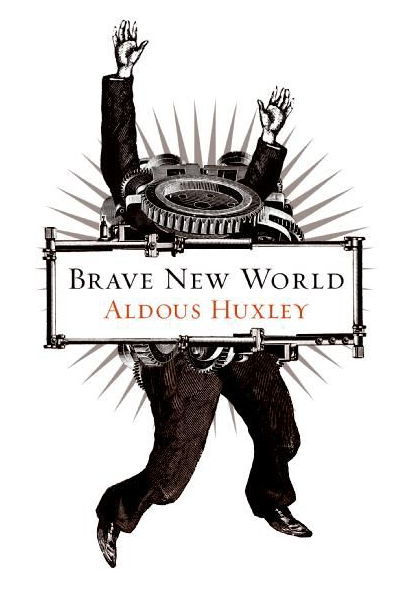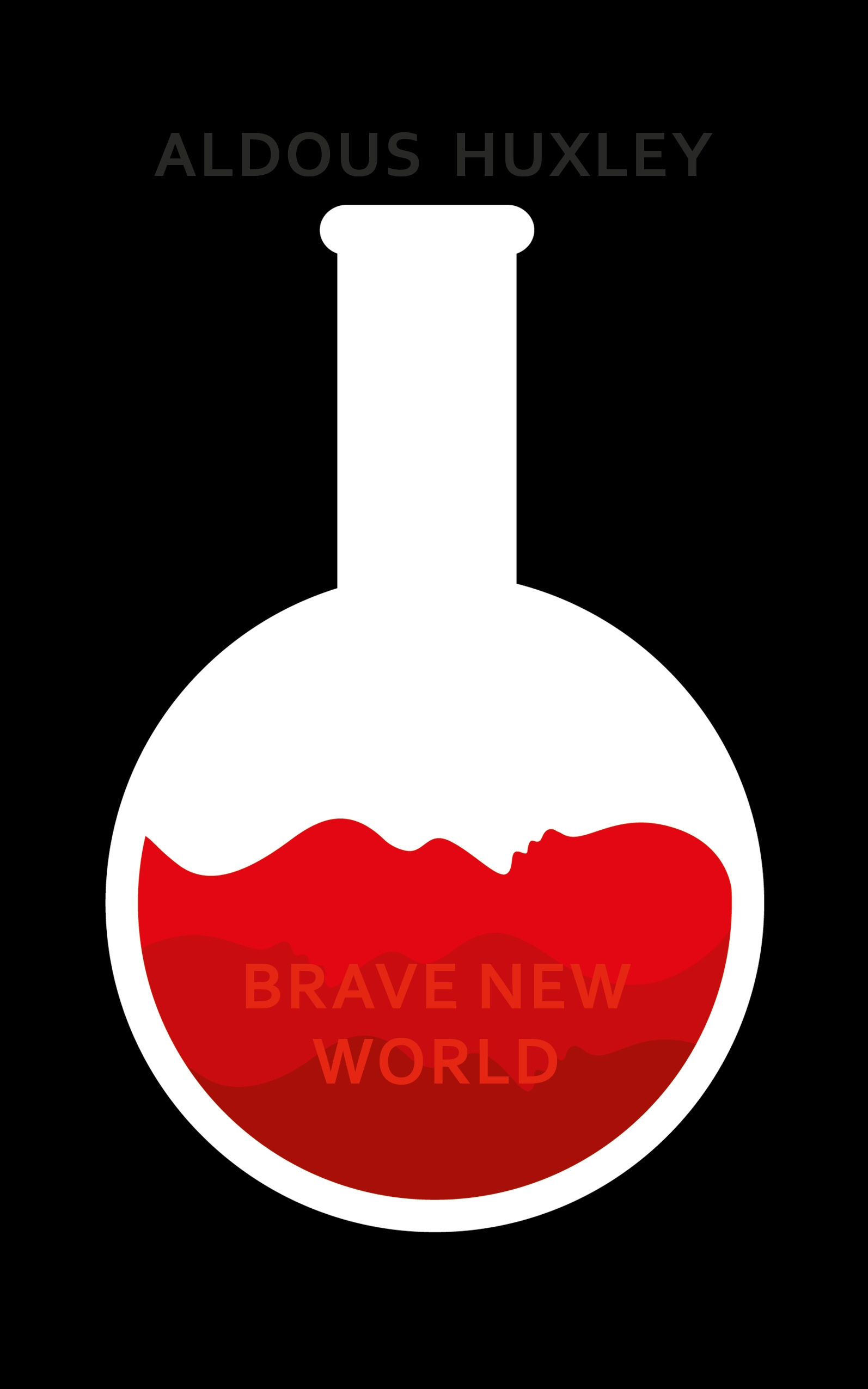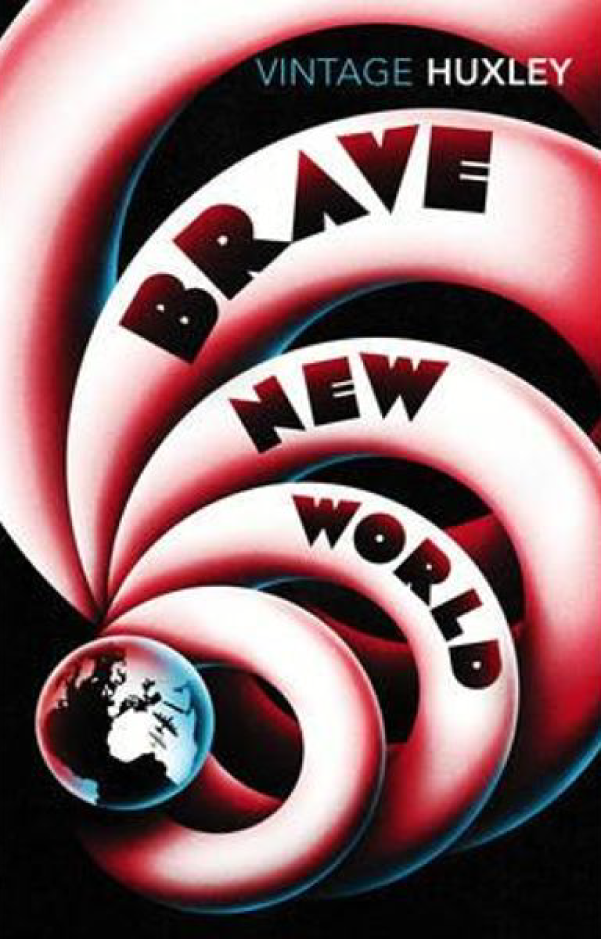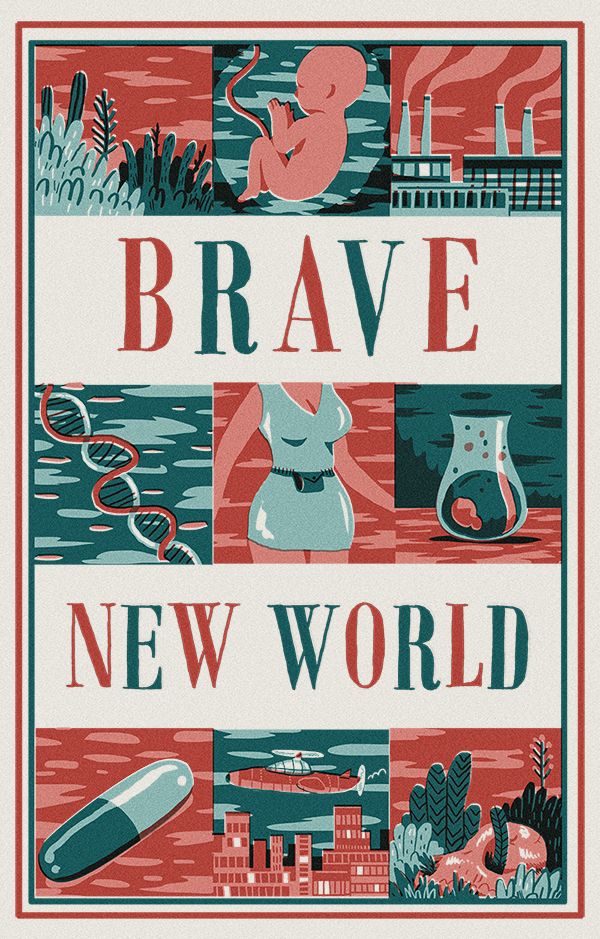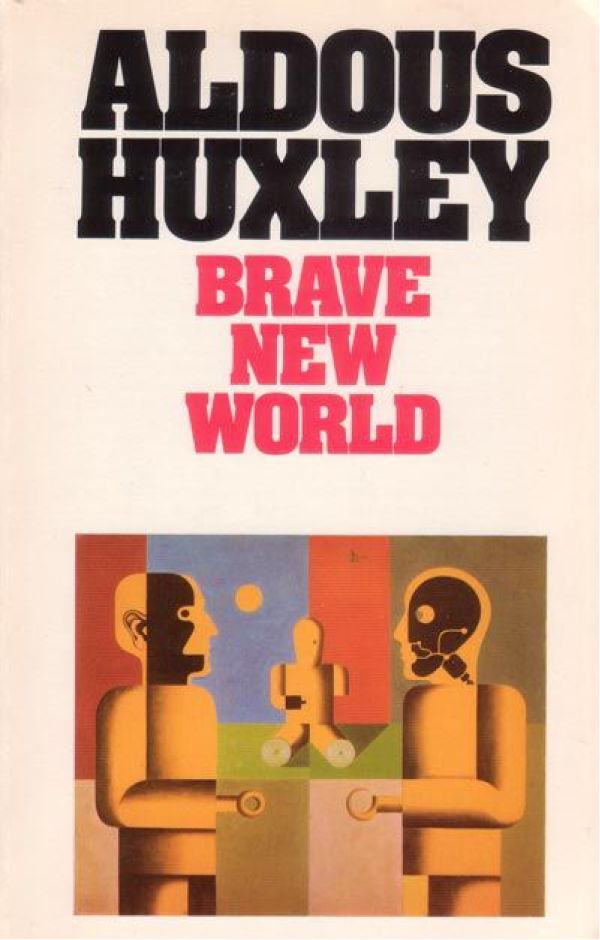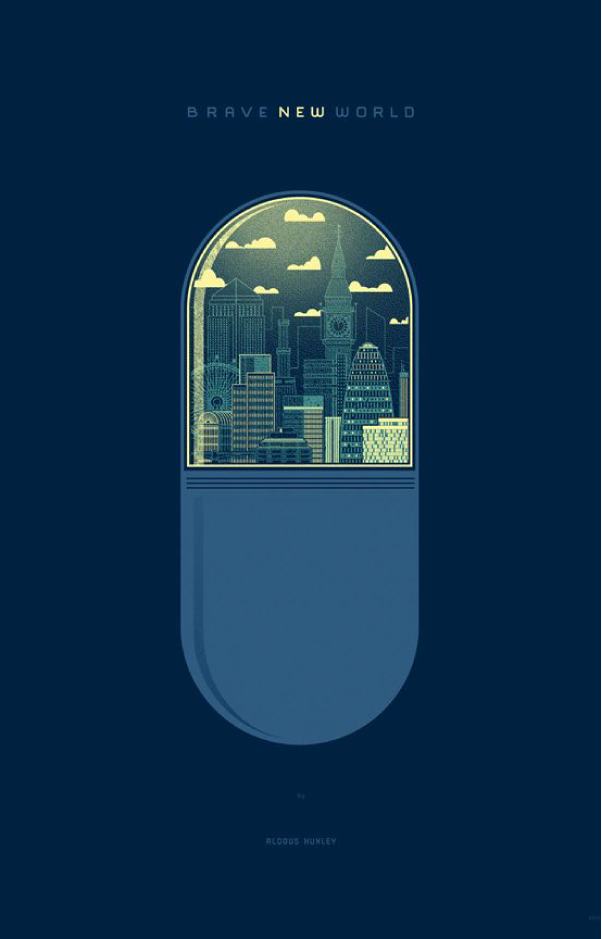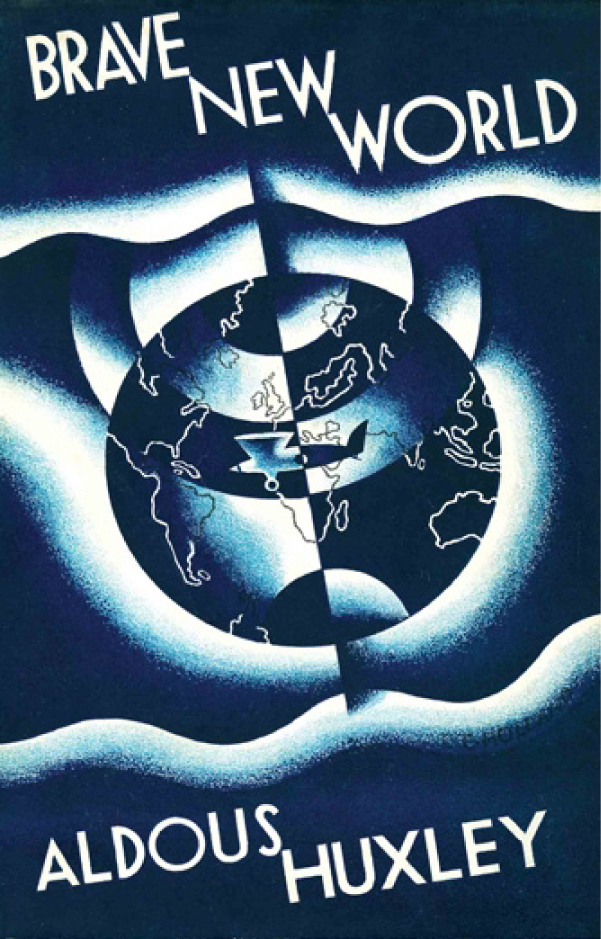BRAVE NEW WORLD
A WebQuest for Students

INTRODUCTION
TASKS
TASK #1
TASK #2
TASK #2.1
Once you have organized your research, you will share a link to each online article followed by a brief description of the article on Google Classroom. Please choose one person from your group to post the links and descriptions. The purpose of this activity is to collectively provide a database of resources for the class to draw from. Important: you may not post a link to the same article that someone else posted. You may find articles on similar topics, but you must not post the exact same source.
TASK #3
TASK #4
Do utopias really exist? Is there such a thing as a perfect society? Have we simply not attained it yet? In your groups, think critically about the utopia you have created. In what ways do you feel it could spiral into a dystopia? Use the examples provided to help you contemplate ways that your ideal society could become problematic. Do you foresee any flaws in the system you have created?
TASK #5
TASK #6
Using your answers, outline, group research, group presentation and any other information drawn from Tasks #1-5, write a formal 5-paragraph essay which describes your own utopia in detail. Paragraphs should consist of full sentences in an organized manner. Your essay should be arranged according to a theme, subject or topic and draw from your research. The essay should be in MLA format (see Purdue Owl for examples) with proper citations.
PROCESS
(1) Complete the set of questions given about Brave New World. Use your answers to reflect and ponder what your ideal society might look like. How would your utopia vary from the World State in Brave New World?
(2) In groups of three, research current news articles that discuss similar themes in today’s society. Be sure to add a link to each article you find on Google Classroom.
(3) In your project groups, create your own version of the perfect society in outline format.
(4) In your groups, think critically and deeply about the society you have created. Do you foresee anything going awry? What are some potential downfalls? Do you believe that the perfect society can ever be achieved?
(5) Create a group presentation utilizing an online tool of your choice.
(6) Use your research, investigations, outline and collaborative creative thought to write an essay which details your utopia. It must include references to the text and to the news articles researched.
REFER TO THE FOLLOWING RESOURCES FOR SUPPORT:

Chinese scientists have successfully cloned two monkeys
Use this News ELA article to explore the themes of “The Hatchery,” “human controlled creation,” and “designer babies.”

Opinion: New technology spurs debate about when to “edit” human genes
Use this News ELA article to explore the themes of “The Hatchery,” “human controlled creation,” and “designer babies.”

Opinion: As China ends one-child rule, economists say more kids are alright
Use this News ELA article to explore the themes of “population control,” “Malthusian Belt,” “current day laws,” “natural population control,” “economics.”

What is the US Opioid Epidemic?
Use this article from the US Department of Health and Human Services to explore the themes of “Soma,” “modern day prescription medication,” and “alcohol.”

Despite scandal, poll shows American support of gov’t phone tracking
Use this News ELA article to explore the theme of “freedom vs security.” Compare this to “The World State” in Brave New World.

Understanding key terms in the gun control debate
Use this News ELA article to explore a current debate on gun ownership rights in the United States. Compare this debate to the laws of The World State in Brave New World.

How propaganda works
Use this News ELA article to conduct a comparison between “Hynopaedia / Sleep Conditioning” and “modern day propaganda.”
EVALUATION

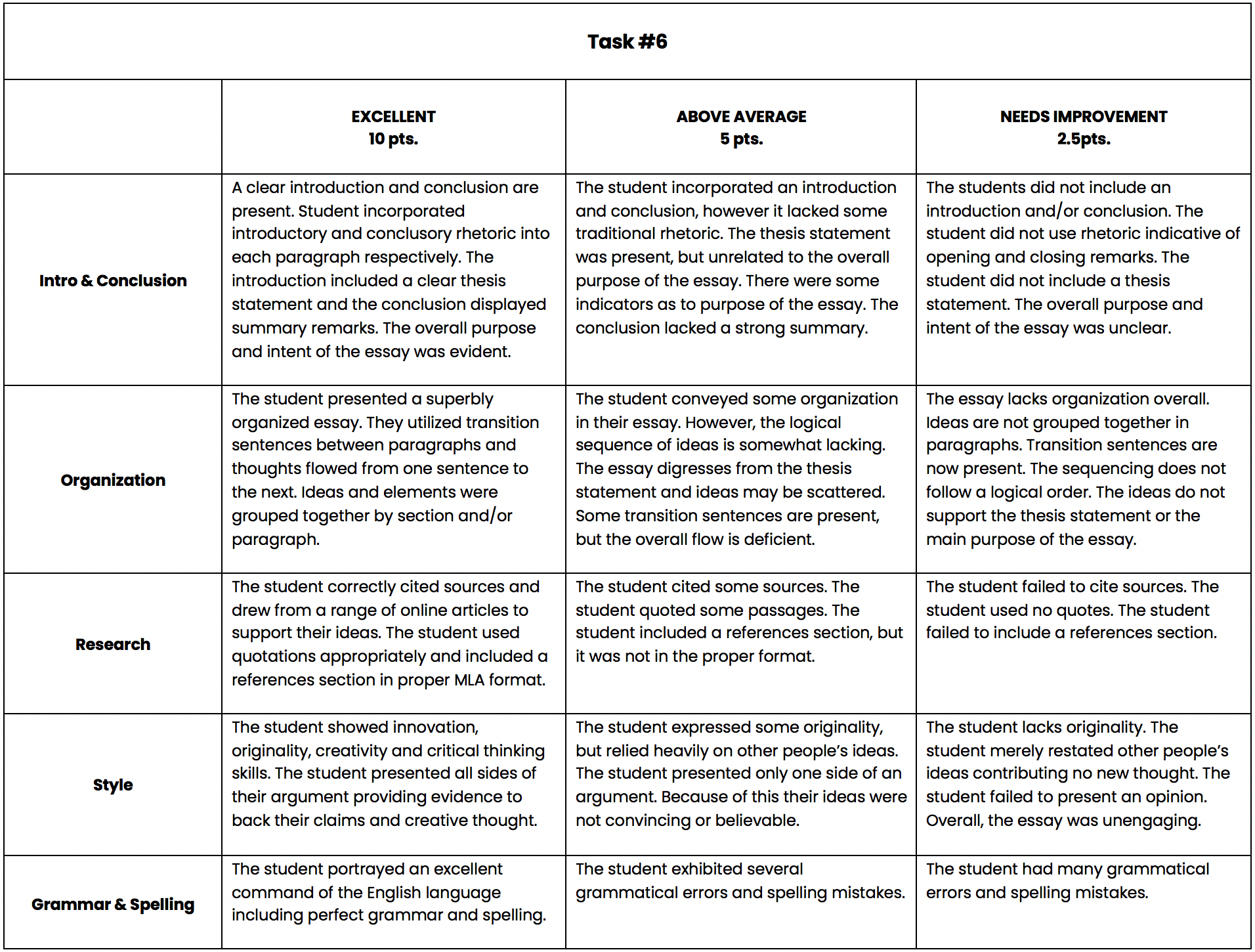
CONCLUSION
STANDARDS
CCSS.ELA-LITERACY.RL.9-10.4
Determine the meaning of words and phrases as they are used in the text, including figurative and connotative meanings; analyze the cumulative impact of specific word choices on meaning and tone (e.g., how the language evokes a sense of time and place; how it sets a formal or informal tone).
CCSS.ELA-LITERACY.W.9-10.2.D
Use precise language and domain-specific vocabulary to manage the complexity of the topic.
CCSS.ELA-LITERACY.W.9-10.3
Write narratives to develop real or imagined experiences or events using effective technique, well-chosen details, and well-structured event sequences.
CCSS.ELA-LITERACY.W.9-10.4
Produce clear and coherent writing in which the development, organization, and style are appropriate to task, purpose, and audience.
CCSS.ELA-LITERACY.W.9-10.9
Draw evidence from literary or informational texts to support analysis, reflection, and research.
California English Language Development (ELD) Standards:
ELD.P1.6.a.Ex
Reading/viewing closely a) Explain ideas, phenomena, processes, and relationships within and across texts (e.g., compare/contrast, cause/effect, themes, evidence‐based argument) based on close reading of a variety of grade‐appropriate texts, presented in various print and multimedia formats, using increasingly detailed sentences, and an increasing variety of general academic and domain‐specific words.
ELD.P1.10.c.Ex
Composing/Writing Draw, dictate, and write to compose short literary texts (e.g., story) and informational texts (e.g., a description of dogs), collaboratively with an adult (e.g., joint construction of texts), with peers, and with increasing independence.
